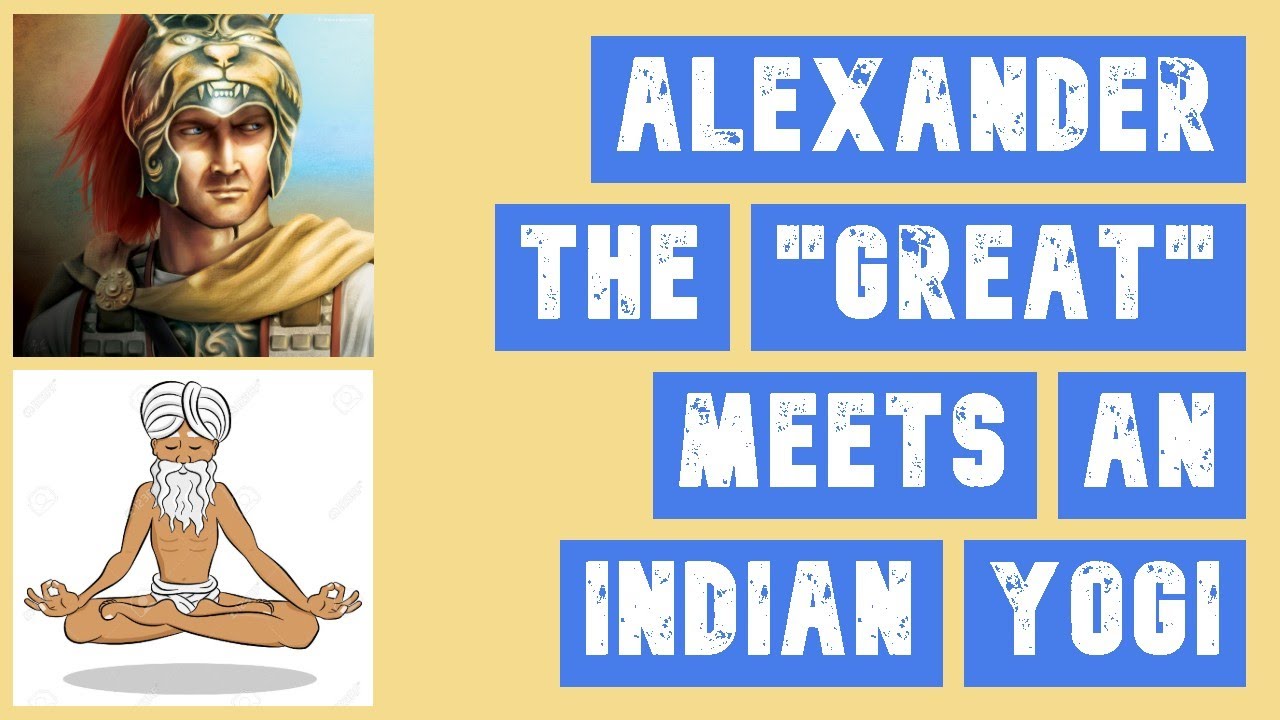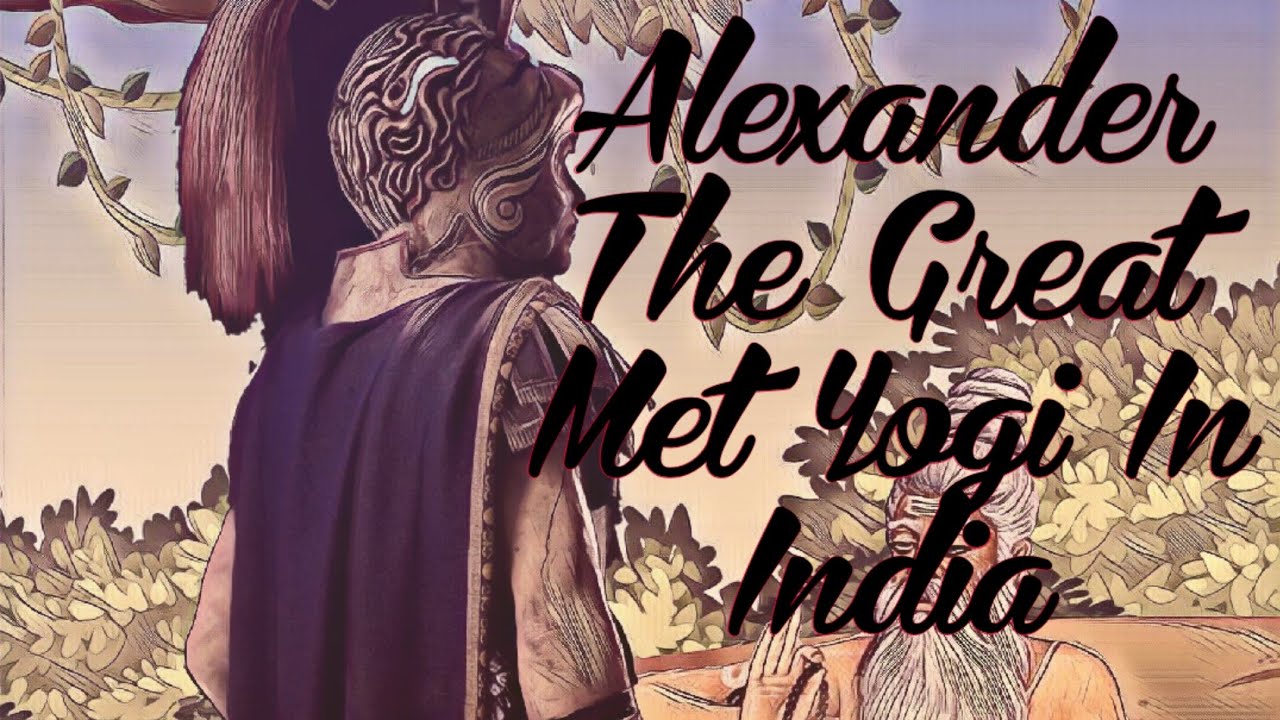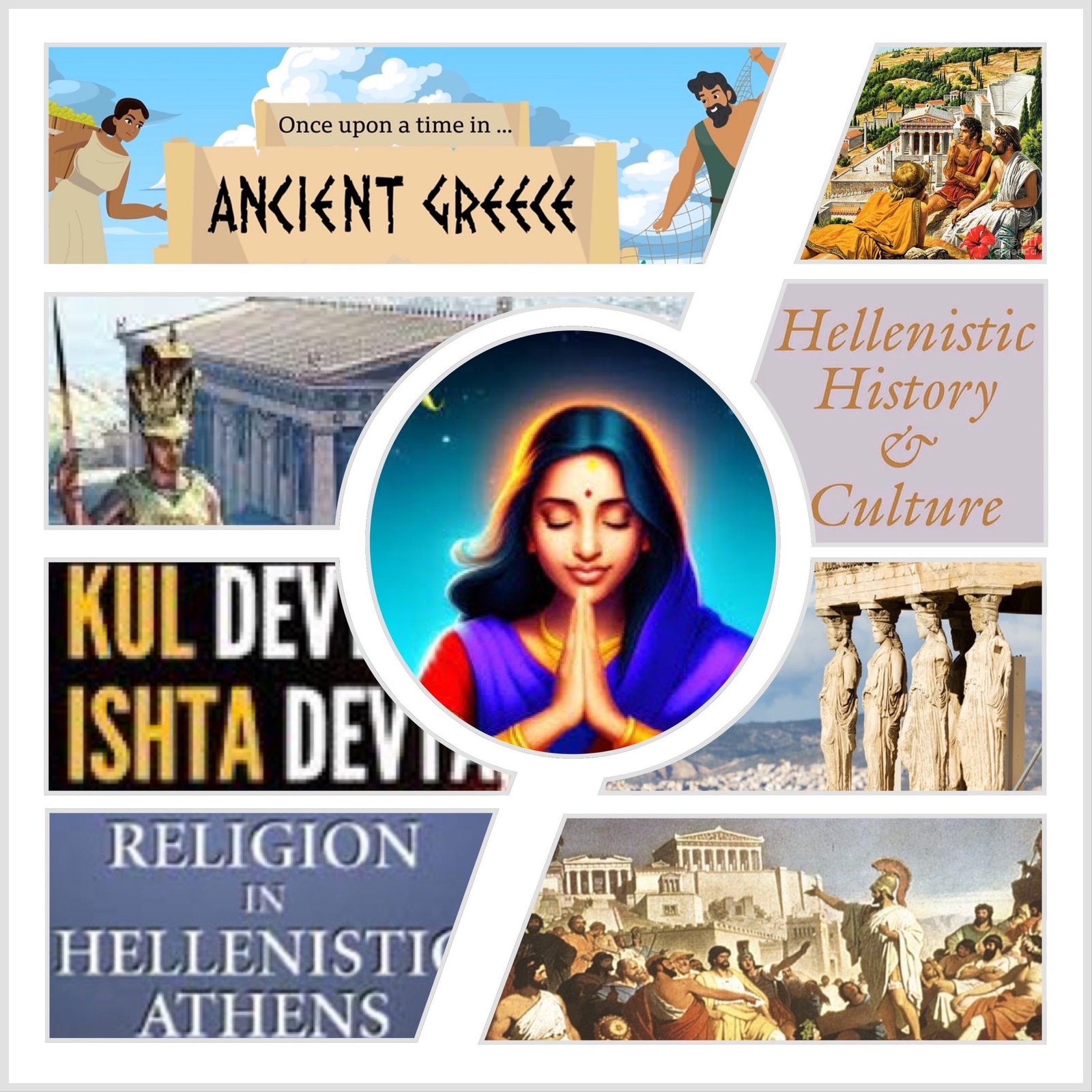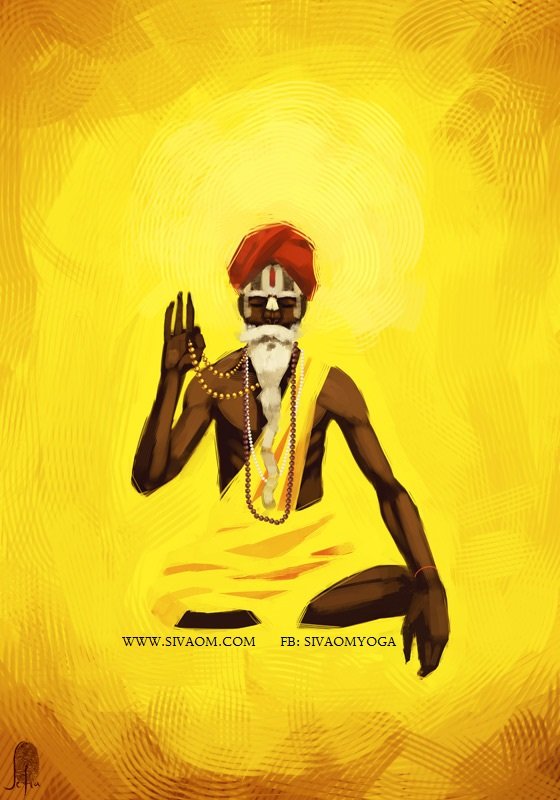The tale of Alexander and the Yogi, an ancient tale is perhaps one of the most important and iconic learnings we may receive in our lives. Yet many people in the modern world do not dwell on tales of the past and this is why they keep making mistakes. The eternal truths have been revealed to us and stand as true today as they did in the ancient world, for once upon a time even the ancients thought that they live in a modern world. What we call modern today will become ancient to others in a thousand years.
An important tale I would like to share is perhaps of that person whom the Western world calls the greatest emperor who rose from amongst them. There is a lot to be learned from this so do read with full awareness.

As Alexander pushed for new glories, he encountered the gymnosophists (the Greek word for yogi). Ten yogis were captured and brought to Taxila. As had been informed to them about their intellect capabilities, he decided to test them. He thought of playing a game with them. He said to the yogi, that he would ask each of them a question. At the end of the game, he would put to death the one who had the worst answer.
To make it an interesting read I have added my answer. You may also add your answer and leave it in the comment box below.
1-Who are the majority the dead or the leaving?
• The yogi answered the living cause the dead does not exist anymore.
My answer- The dead, because the living can be counted, but the dead can’t.2- Which is the most cunning animal?
• The yogi said the one that humans still could not find.
My answer- the one who doesn’t reveal a…………………………………………!3- What is more powerful? Life or death?
• The yogis said Life, because life cause life beings more illnesses.
My answer- Easy, Death. In life you go away from god, in death you go back to god.4- How can a human be more loved?
• The yogi answered, by being powerful without promoting fear
My answer- By not listening to the voice in his own mind.5- Which is bigger the day or the night?
• The yogi answered the day. It is bigger by one day than the night as it came earlier.
My answer- Day because the moment it appears, the darkness of the night runs away.6- Where do the biggest animals exist? On the land or in the sea?
• The yogi said on the land, because the sea is part of the land.
My answer- In The Swords of those who are uncivilized and don’t have morals.7- How can anyone be a god?
• The yogi said by doing something a human can not achieve.
My answer- Yoga says give up the ego and you are god. Capitalism says earn money and you are god. Politics says win elections and you are god. I say the moment you see the spark of divinity within yourself you become a god.8- the next question was related to Alexander’s conquest. Alexander asked why you asked your king to revolt against me?
• The yogi said because I want him to live as a royal or die as a royal.
My answer- Because nobody likes the neighbor (stranger) to become the father to your child.9- For how long is it good for one human to live?
• Until death becomes more desirable than life.
Plutarch, “Life of Alexander”, Paralell Lives, 64-65
My answer- As long as history doesn’t turn him into a villain.
Turning to the judge, Alexander bade him give his opinion. The judge declared that they had answered one worse than another. “Well, then,” said Alexander, “thou shalt die first for giving such a verdict.” “That cannot be, O King,” said the judge, “unless thou falsely saidst that thou wouldst put to death first him who answered worst.” These philosophers, then, he dismissed with gifts. ⁃ Plutarch, “Life of Alexander”, Paralell Lives, 64-65

Alexander attempted to persuade a yogi to stay with him as one of his teachers. He even suggested using force to escort him to his country, but the yogi replied philosophically: “What shall I be worth to you, Alexander, for exhibiting to the Greeks if I am compelled to do what I do not wish to do?”.
However, Alexander did succeed in taking a yogi back home, or at least it seemed that way. The yogi lived as a teacher to Alexander and represented “Eastern honesty and freedom”. The Greeks called this yogi “Kalanos”, which might either be a reference to Kalyan or Kali.
As the yogi accompanied Alexander to Persia, he wanted to give up his life as the body was not holding up and he knew his time to go had come. Being a yogi, he wanted to go on his terms by entering a samadhi while sitting on a funeral pyre. This happened in the full view of the whole Macedonian army. The soldiers observed that the yogi had no fear of pain or death, and he never once moved from his position as his flesh was consumed by the flames. He was seventy-three years of age at the time of his death. The city where this immolation took place was Susa in the year 323 BC.
Interestingly, as he left for his final moments, the yogi said to Alexander: “I shall see you soon in Babylon,”. Even though at the time of the death of Kalanos, Alexander did not have any plans to go to Babylon. Alexander left Persia and died a year later in Babylon.
Philo preserves a letter written by Kalanos to Alexander. This is depicted in a painting created in 1672 by Jean Baptiste de Champaigne. This famous painting portrays “Alexander the Great receiving the news of the death by immolation of the gymnosophist Calanus”. This painting is on display at Chateau de Versailles et de Trianon, Versailles. Diogenes Laërtius (3rd century AD) mentions the yogis in his reports. He also adds that Pyrrho of Elis was influenced by the gymnosophists during his time in India with Alexander the Great. Upon returning to Elis, Pyrrho adopted their lifestyle, ultimately leading to the establishment of the Hellenistic philosophy of Pyrrhonism.






